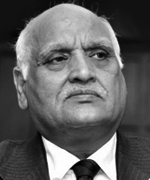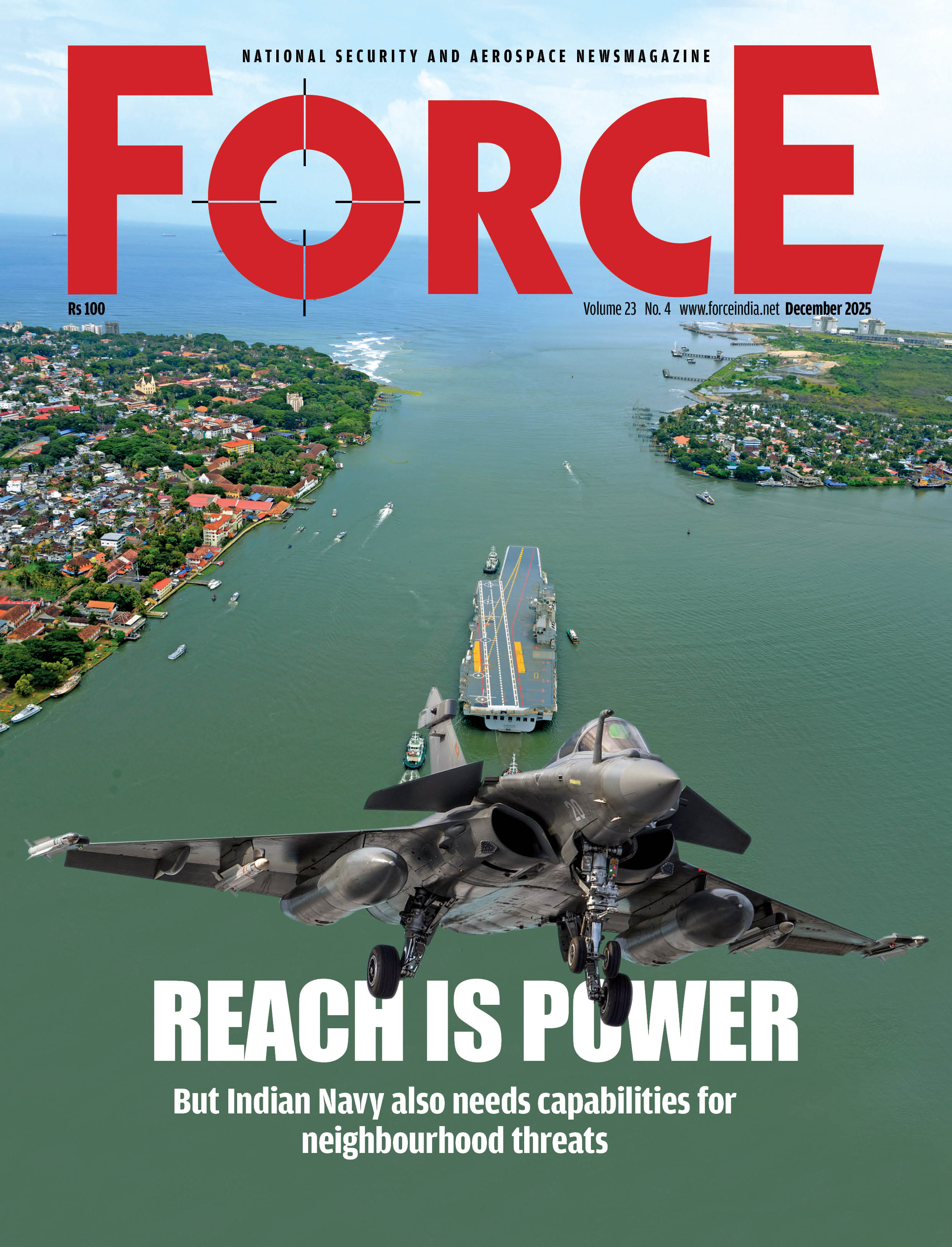Guts, Grit and Glory | Last Man Standing
 Maj. Gen. Raj Mehta (retd)
Maj. Gen. Raj Mehta (retd)
When we’ve raced the seagulls, run submerged across the Bay/ Let us pause awhile and ponder, in the light of days gone by/ With their strange old ships and weapons, what our Fathers did, and why/ Then if still we dare to argue that we’re just as good as they / We can seek the God of Battles on our knees, and humbly pray/ That the work we leave behind us, when our earthly race is run/ May be half as well completed as our Fathers work was done
Paraphrased from Ronald Hopwood’s ‘Our Fathers’
Playwright George Bernard Shaw does his reputation damage when he disparages the act of Captain Edward Smith going down with the Titanic in April 1912 on her maiden Southampton-New York run. ‘So did the cat’ he wrote dismissively. Military men and women needn’t take umbrage because they serve for something beyond comprehension of cynical if brilliant people when they choose to die for duty, honour and dignity; they do so because they sign an unlimited liability contract on joining that places their lives at the nation’s disposal without seeking a return.
This is what brave-heart Capt. Mahendra Nath Mulla MVC (posthumous) lived and died for on the night of 9 December 1971, as remembered by his brave wife Sudha and his two daughters, of whom Ameeta Mulla Wattal’s proud recall is on record. He wilfully chose never to forsake his men; leave them behind when a torpedo fired from the Daphne-class Pakistani submarine PNS Hangor struck his ship, INS Khukri, sliding it to its final resting place off the Kathiawar coast. Mulla is remembered calmly smoking his last cigarette after handing over his own life-jacket to a sailor who survived even as his Captain with 18 officers and 176 men went down. Mulla was the ship; going down with it.
Author Hugh Lawrie remarks that ‘When the ship
Subscribe To Force
Fuel Fearless Journalism with Your Yearly Subscription
SUBSCRIBE NOW
We don’t tell you how to do your job…
But we put the environment in which you do your job in perspective, so that when you step out you do so with the complete picture.







